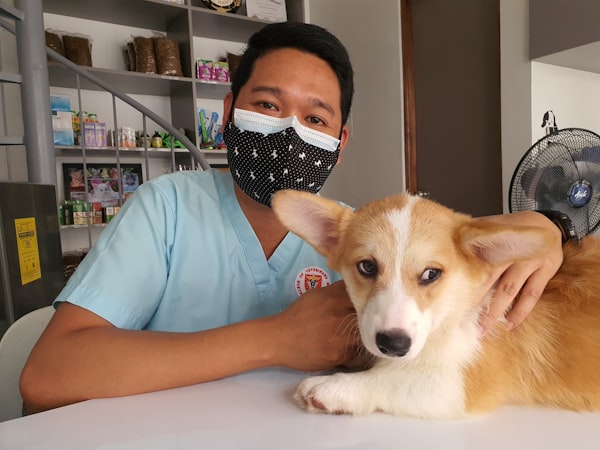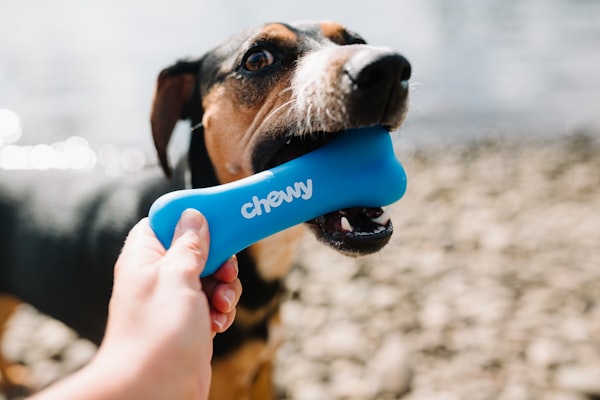Dental care is an important part of overall pet health. Pets need good oral health to eat, drink and breathe properly. Unfortunately, dental disease is one of the most common health problems in pets, with up to 80 percent of dogs and cats over the age of 3 experiencing the dental disease. Dental disease can cause serious health problems and even lead to death in some animals.
Good dental health is important for all pets, but it is especially important for cats and dogs. If your pet has a dental disease, your veterinarian may recommend a dental cleaning. This is a procedure in which your veterinarian cleans your pet’s teeth with a special tool. A dental cleaning can help improve your pet’s oral health and overall health. However, to avoid this, you take steps to promote good pet oral care. Let’s take a look at some tips for good dental care for your animals.
Get your pet regular exams and cleanings.

Dental disease is the most common disease diagnosed in pets. It’s estimated that 80 percent of dogs and 70 percent of cats will suffer from some form of dental disease by the time they reach three years of age. Left untreated, dental disease can lead to more serious health problems like heart, liver, and kidney disease. This is why it’s so important to include regular oral care for your pet as part of their overall health routine. This includes regular dental exams, including X-rays, and a professional cleaning under general anesthesia.
Start young.

The saying goes that prevention is better than cure, and this is especially true when it comes to oral care for pets. Just like with humans, oral health is key to a pet’s overall well-being and should be taken seriously from an early age. If you’ve got a kitten or puppy, you should include teeth as a part of their routine training. By starting early, your pet will get used to dental care, and it will be much easier as they age.
Brush gradually and gently.
It’s important to brush your pet’s teeth gradually and gently to avoid hurting them. Start by using a damp cloth to wipe their teeth and gums, then gradually use a soft toothbrush and toothpaste made for pets. Be sure only to use a pea-sized amount of toothpaste, and don’t let them swallow it. Brush the teeth on the inside surfaces of the teeth and gums, as well as the outside surfaces. Be sure to go slowly and take your time, especially if your pet is new to brushing their teeth. Reward your pet with a treat when you’re done.
Use toothpaste made specifically for pets.
Toothpaste for humans contains certain types of fluorides and detergents that are meant to be spit out after brushing. It’s important to remember when brushing your pet’s teeth to use toothpaste made specifically for animals. Human toothpaste can be harmful if swallowed, so using animal-specific toothpaste is the safest option. Pet toothpaste can come in a host of flavors, including poultry, beef, seafood, malt, peanut, and vanilla-mint.
Use a pet-specific toothbrush.
The heads of toothbrushes made for humans are too typically wide for your pet’s mouth. Additionally, the bristles on human brushes are also usually too hard. You can speak to your veterinarian about the best toothbrush for your pet. Your vet may suggest a soft power brush or a finger brush that slips over your finger like a thimble. The right toothbrush for your pet will depend on your animal.
Brush in back.
For many pets, dental problems are often most severe in the upper back teeth. This is because the upper jaw is usually smaller than the lower jaw. As a result, there is less space for the teeth. The back teeth also have a sharp cusp, or point, that can easily catch on food and get stuck in the gums. This is why it is important to focus on the back teeth when brushing.
Use dental chews.

Pets benefit greatly from chewing on something that helps keep teeth clean. In fact, there are a number of different things that pets can chew on to help keep their teeth clean, including rawhide bones, dental chews, and even vegetables like carrots.
Rawhide bones are a great option for pets because they help scrape away plaque and tartar from teeth. They are also a good source of protein, and they come in a variety of different shapes and sizes to appeal to different pets. Dental chews are another great option for pets. These chews are designed to help clean teeth and gums, and they come in a variety of different flavors and textures to appeal to different pets.
Dental care is one of the most important aspects of pet care. Just like with humans, proper dental care for pets can help keep their teeth and gums healthy and can prevent a variety of dental and other health problems from occurring.


